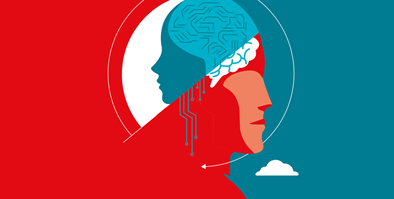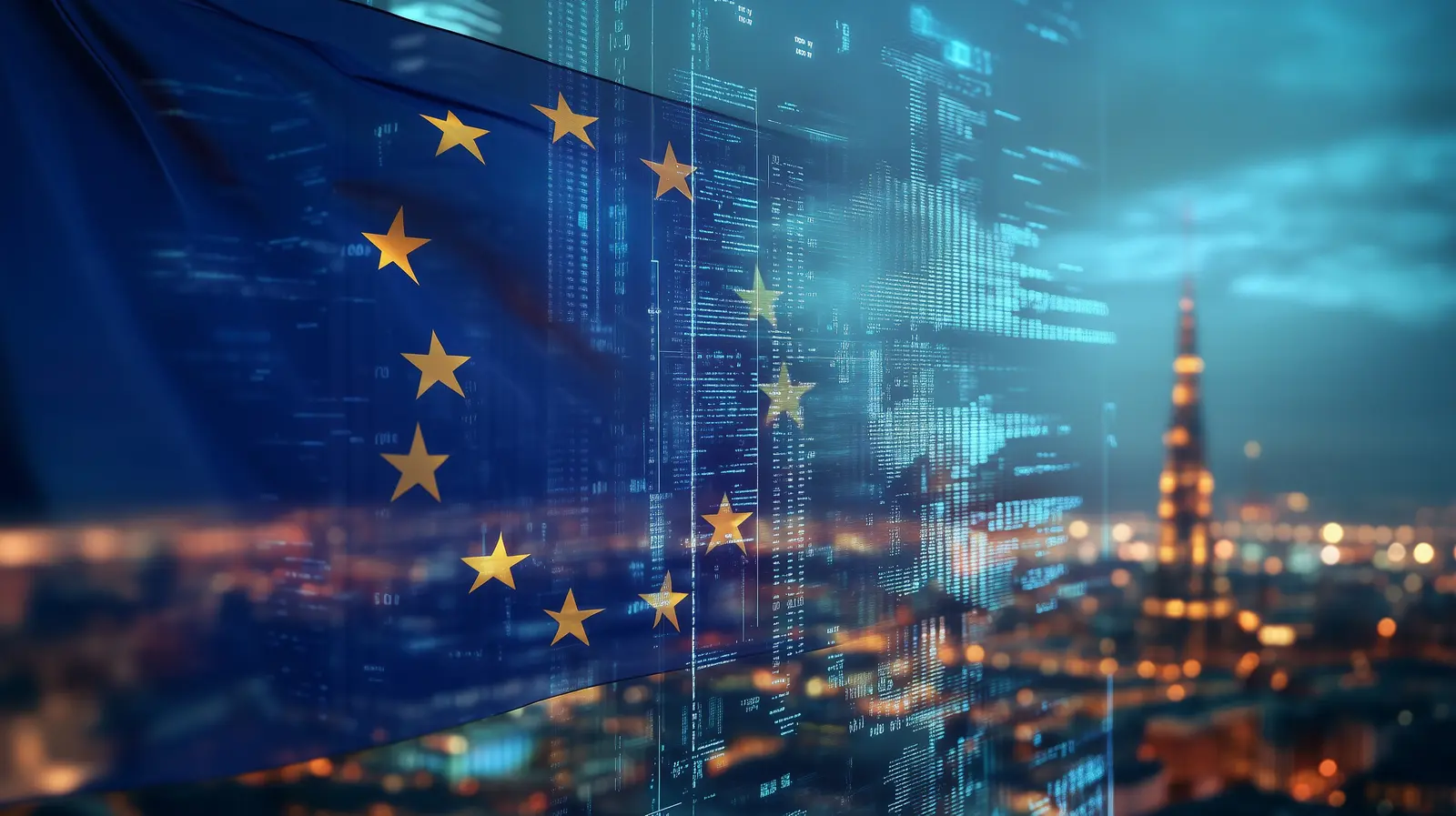The Single Market was launched in 1993 with the promise of making the European Union the world’s most dynamic, competitive economic bloc. One where goods, services, capital, and people would flow freely across national borders.
Despite its resounding success in fuelling EU competitiveness in several sectors, three decades later the ambition of a true single market remains incomplete for digital communications.
Yet today is exactly when the Union must fully embrace modern telecoms. With its economic influence shrinking and productivity falling, digital connectivity could add €2 trillion to Europe's economy.
We have been leaders before, and we can be again. Europe led in connectivity in the late 1990s and early 2000s, when consumers made full use of the internet revolution, but is now left struggling to retain ground as the industrial internet takes off.
The US and China have genuine scaled operators that drive this. But Europe’s telecoms market is typically a patchwork of three to four smaller operators across 27 member states, with no true pan-European operator.
This is primarily because the telecoms sector is still governed by rules designed many decades ago, based on connectivity delivered through traditional physical infrastructure controlled by monopoly operators. This fragmented, outdated approach just isn’t fit for the sector’s current technological and market realities.
On top of this, two recent trends have led to an uneven playing field where regulation is applied inconsistently across the communications ecosystem.
The first is ‘virtualisation’, where physical infrastructure is being replaced by software and cloud-based applications. The second is that virtualisation has enabled ‘delayering’, where communications services are no longer required to be directly coupled with the networks they run over.
The EU’s current regulatory landscape prevents European operators from competing fairly with global platforms at the service layer thereby reducing their ability to innovate, diversify and scale their networks and services.
This results in a poor investment environment, with European operators less able to deploy advanced digital infrastructure and services.
But following the Draghi and Letta reports, there is also a growing political consensus that the status quo is unsustainable. The urgency of the challenge is clear.
With an EU Single Market strategy expected to launch later in May, and the Digital Networks Act anticipated to drive a new era for EU telecoms, there is building momentum to deliver a bold package of reforms. Europe must now break the ‘chicken and egg’ cycle that hampers digital connectivity and investment in it.
We are convinced that there is huge potential in unleashing the power of the Single Market for the benefit of every European. This is why in a new report – Why Europe needs a True Digital Single Market – Vodafone has brought together a collection of six expert perspectives to spark debate and catalyse meaningful change.
These contributions challenge policy makers to ask what an ideal, future-proof regulatory framework could look like if designed from scratch today, based on three interlocking principles:
Simplification: Regulations must be made fit for purpose in the modern digital ecosystem and ensure an effective rebalancing of the sector.
Same Service, Same Rules: Equivalent services must be governed by equivalent rules to avoid competitive distortions.
Single Market: A service provider in one market should be able to effectively deploy networks and provide services on a pan-EU basis, creating opportunities to scale.
In this collection of six vision papers, experts examine the regulatory framework. They provide inspiration and challenge to policy makers and industry leaders to think creatively about how a more harmonised and proportionate regulatory framework can be achieved:
-
Industry analysts Assembly Research propose the foundational elements of a new Digital Communications Act.
-
Dr. Matthias Bauer and Dyuti Pandya of the European Centre for International Political Economy (ECIPE), an independent and non-profit policy research think tank based in Brussels,explore the concept of ‘passporting’ for telecoms.
-
Academic Professor Alexandre de Streel, University of Namur and CERRE, envisions a European System of Digital Regulators.
-
Academics Dr. Wolfgang Briglauer and Professor Antonio Manganelli assess the ongoing debate around net neutrality.
-
Academic Arnault Barichella presents a case study on cybersecurity.
-
Neil Brown of decoded.legal examines lawful interception and law enforcement obligations.
Vodafone believes that realising a true Digital Single Market demands more than incremental revisions to the existing rulebook. A comprehensive rethink of Europe’s regulatory architecture is needed. We must replace fragmented regulatory instruments with a proportionate, streamlined, and future-proof framework.
Upcoming EU legislative initiatives, such as the proposal for a Digital Networks Act, offer an opportunity to modernise telecoms regulation. By confronting these issues openly and ambitiously, European policy makers can unlock a new era of growth, connectivity, and competitiveness.
Our genuine hope is that the insights offered here will help the new Commission and legislators move swiftly towards a genuinely integrated, modernised regulatory framework.
And in doing so, Europe can deliver on the original promise of the Single Market and secure the region’s leadership for the digital age.

























